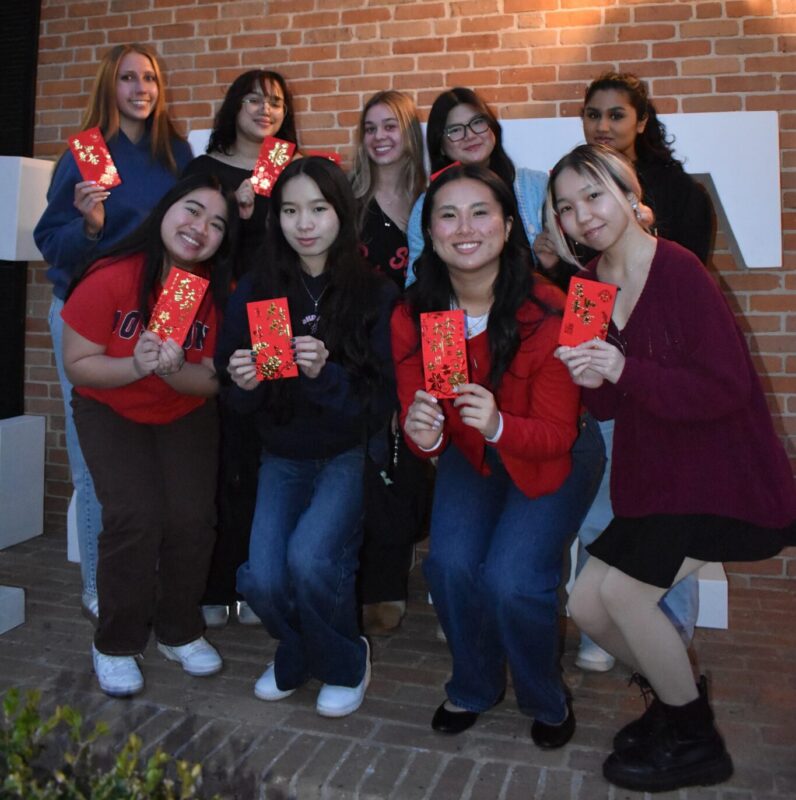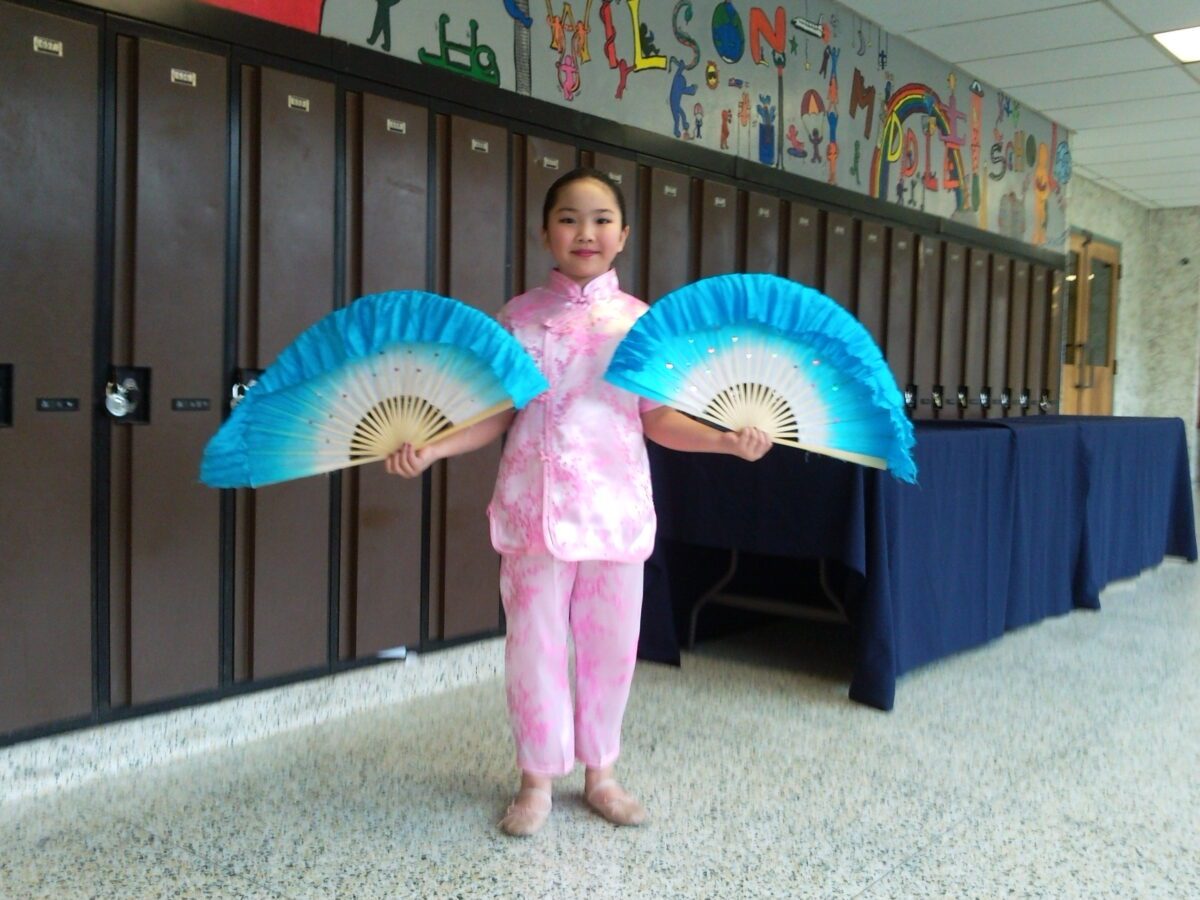The 15-day Lunar New Year celebration begins today, marked by the second new moon since the winter solstice. For Asian cultures around the world, the Lunar New Year is a time of tradition, family, and togetherness, centered around highlighting prosperity and dispelling bad luck. Festivities are brightened by the color red, symbolizing good fortune and joy.
As an organization founded on the value of inclusion, Sigma Delta Tau celebrates all women. One of the core values of SDT is strength in individuality. In valuing and celebrating each member’s distinct qualities and perspectives, our sisterhood is enriched by diversity. We embrace each woman’s uniqueness, which empowers our sisters to lead authentically – individually, and together.
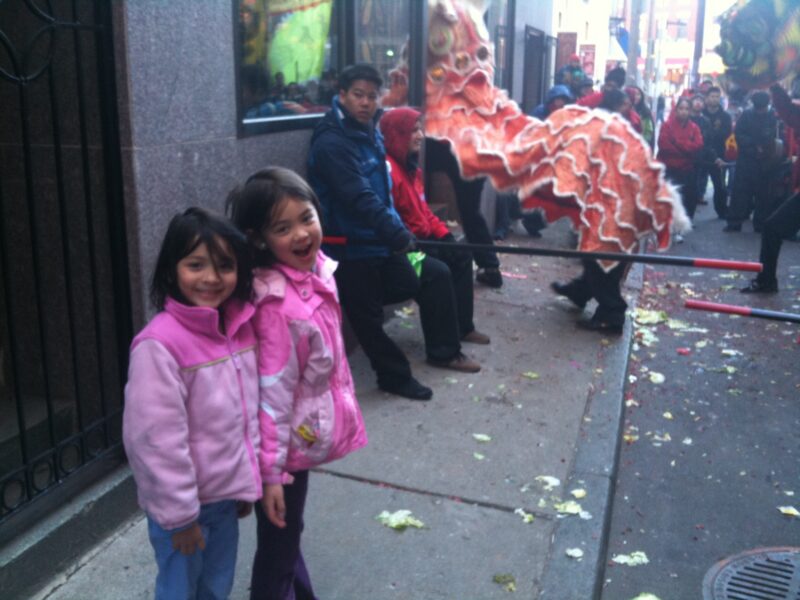
Three Sigma Delta Tau sisters offered to share their traditions in order to shine a bright light on the meaning of the Lunar New Year for themselves, their families, and their communities.
Sister Kai Wong (Delta Nu–Stevens) describes the Lunar New Year as, “a cherished opportunity for me to reunite with family members, many of whom I rarely have the chance to see throughout the year.”
Though the lunar calendar dictates that the date changes annually, Kai said the meaning of the celebration remains ever-important. “No matter the date, it carries the same profound significance, encouraging fresh beginnings, filled with hope, prosperity, and the reaffirmation of traditions that have been passed down through generations in Asian cultures.”
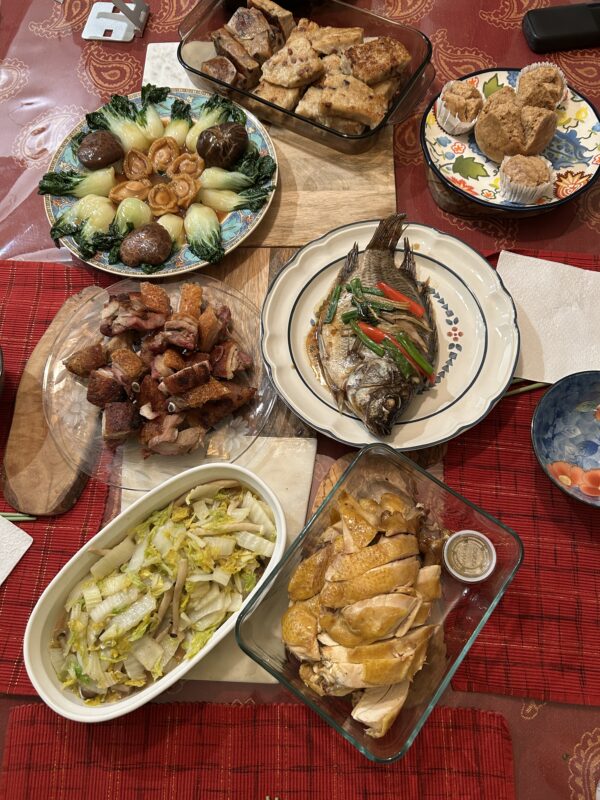
Sister Giselle Lee (Beta Pi–Rochester) is Taiwanese, and she looks forward to spending time with her family over the holiday.
“The Lunar New Year is one of the biggest holidays Asian cultures have,” Giselle said. “Children in Asian countries usually have the 2 weeks of Lunar New Year off instead of the usual winter break here in the U.S. Adults also have off from work to be with family, so most people travel back home to celebrate.”
Giselle said families establish their own special traditions to observe the holiday. “My parents and grandparents definitely established my personal traditions,” she said. “Some include doing a deep clean of my room and the house to enter the year fresh and new. Another huge tradition is having a large family dinner on New Year’s Eve and New Year’s Day.”
At Giselle’s family table, they eat a small cake called a Fa Gao, and a big fish shared by the family. Both dishes ensure prosperity for the coming year.
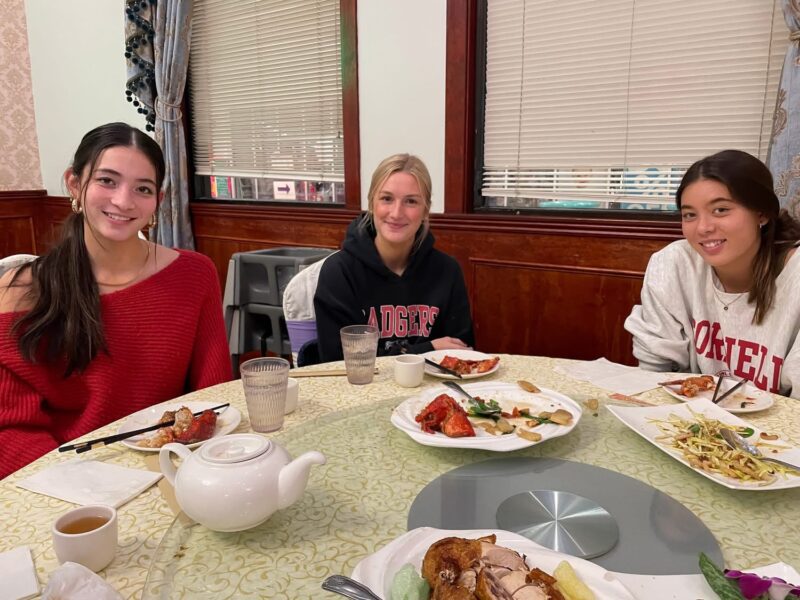
Sister Francesca Liu (Gamma Mu–Northeastern) identifies as Chinese, and savors the opportunity to connect with her culture in a multitude of ways. “One of my favorite parts about the New Year is the food,” Francesca said. “Huge family gatherings are a great way to sample all of my favorite dishes, from xiao long bao dumplings, to mapo tofu, to dan tat for dessert.”
The togetherness allows Francesca to more deeply connect with her family too. “I love celebrating the Lunar New Year as a way to embrace my family’s history,” she said. “And I’m always fascinated by my father’s stories about celebrating the holiday in Taiwan, where festivities are even more extravagant.”
Her family’s traditions typically include going out to dinner, wearing red for good luck, and reflecting on the past year.
“Growing up, we would frequently visit Chinatown to admire the various festivities covering the streets, such as the traditional Chinese dragon dance,” Francesca said. “My sister and I would also make paper lanterns and receive red envelopes from our relatives.”
The red packet tradition is also meaningful for Giselle and Kai.
“The tradition of giving and receiving red envelopes adds an element of joy and cultural significance, symbolizing blessings and good fortune for the year ahead,” said Kai. Often, the red envelopes contain cash gifts for recipients.
In addition to the family-centered traditions, the Lunar New Year also honors an animal from the Chinese Zodiac. Based on a cycle of twelve animals, the zodiac is used to measure time. In 2025, Lunar New Year ushers in the Year of the Snake.
 “Each year carries unique characteristics associated with one of the twelve Zodiac animals,” said Kai. “These distinctions impart symbolic meanings and personality traits to individuals born in a specific year. For example, those born in the Year of the Snake are traditionally believed to embody qualities such as wisdom, intuition, and elegance.”
“Each year carries unique characteristics associated with one of the twelve Zodiac animals,” said Kai. “These distinctions impart symbolic meanings and personality traits to individuals born in a specific year. For example, those born in the Year of the Snake are traditionally believed to embody qualities such as wisdom, intuition, and elegance.”
Kai also spoke to the significance for the individual and cultural traditions connected to the Zodiac animal. “These interpretations serve as a meaningful way to reflect on identity and the influence of the Zodiac in shaping personal and collective narratives,” she said.
For sisters curious to learn more about the Chinese Zodiac, and the symbols and traditions of the Lunar New Year, Kai and Francesca offered advice. In terms of celebrating family, there is always room for SDT sisters at the proverbial table.
Francesca encourages local sisters to visit the Museum of Fine Arts in Boston for their special programming. “Attendees can learn more about various Asian traditions, festivities, and pieces of culture.”
Kai’s recommendations are multi-faceted.
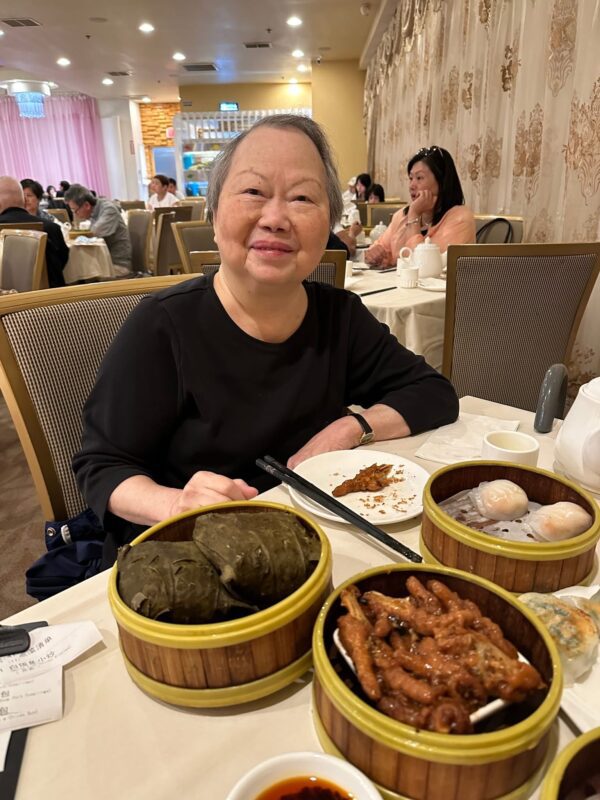
“I highly recommend exploring celebrations in areas with a strong Asian cultural presence. These communities often host vibrant events filled with traditional performances, festive parades, cultural exhibits, and authentic cuisine, providing an immersive and enriching experience,” said Kai. “Whether through local Chinatown districts, cultural centers, or university organizations, there are many opportunities to engage with and appreciate the significance of this cherished holiday.”
For Kai, her SDT sisters, and all those who celebrate Lunar New Year festivities, the traditions are invaluable and worth sharing.
“For as long as I can remember, the Lunar New Year has been a special opportunity for my family to come together, celebrate one another, and look forward to the future with hope and gratitude,” Kai said. “It’s a tradition that has been passed down through generations, a way of staying connected to our roots and honoring those who came before us.”
She said her participation connects her to both the past and the future.
“By keeping this custom alive, I’m not only preserving something meaningful from our culture but also creating something special for myself and future generations,” Kai said. “For my sister and me, the Lunar New Year keeps us grounded in who we are and where we come from.”
Happy Lunar New Year to all of our sisters and their extended families who celebrate!
